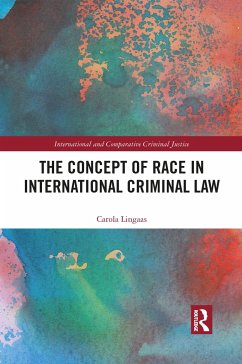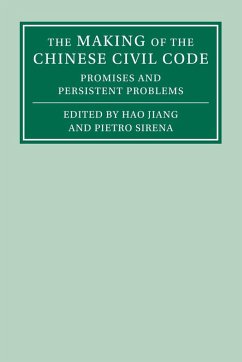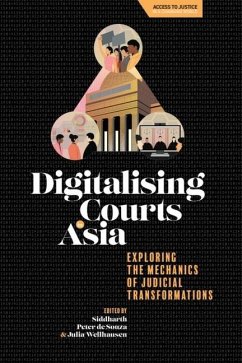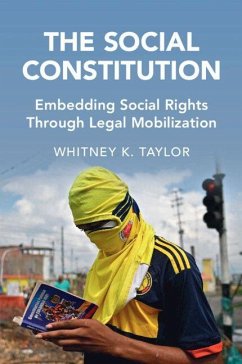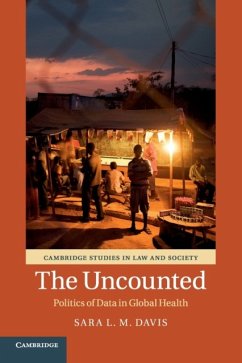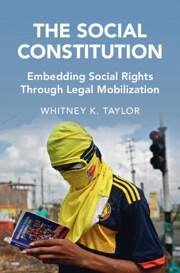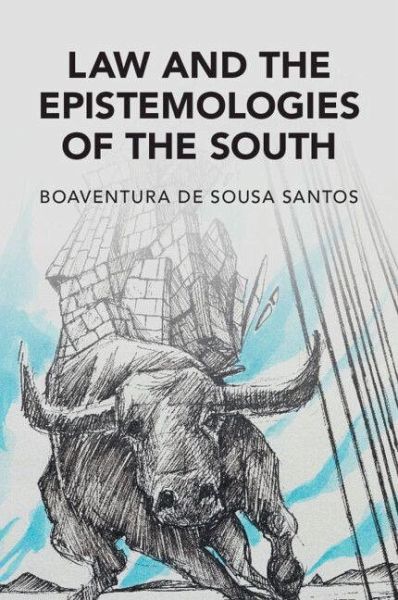
Law and the Epistemologies of the South

PAYBACK Punkte
23 °P sammeln!
Exploring the historical experience of the Global South, Boaventura de Sousa Santos argues that state law excludes populations and peoples by deeming them invisible, irrelevant, or dangerous. Demonstrating the suffering caused by capitalism, colonialism, and patriarchy, he pursues real legal utopias by proposing realistic yet hopeful alternatives.






